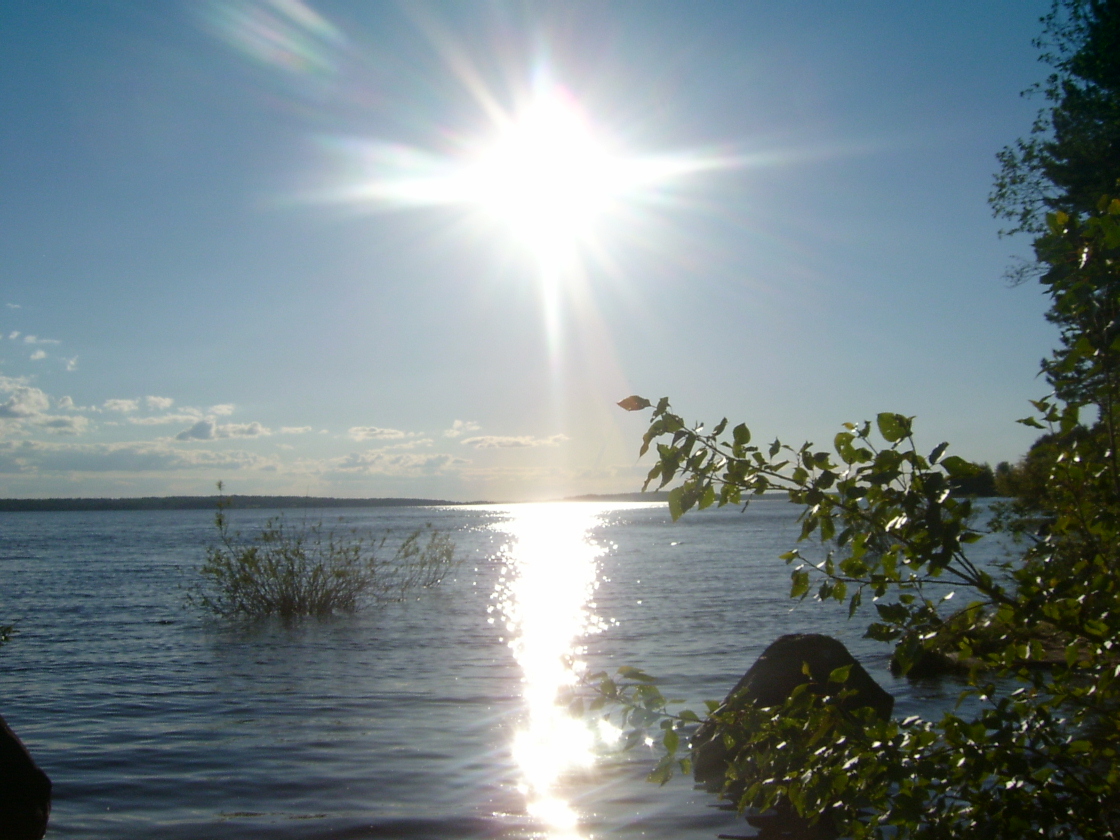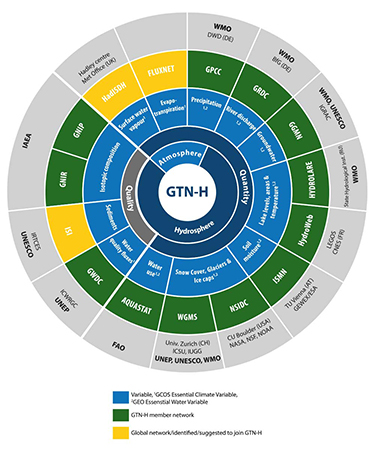
International Data Centre on Hydrology of Lakes and Reservoirs
ABOUT US. Goals and objectives of the Centre
Overall Objective of the Centre
The most important function of HYDROLARE is to support and develop the international database on hydrology of lakes and reservoirs in order to - stimulate the development of the global monitoring system on lakes and reservoirs for rational use, preservation and management of their water resources; - supply data for scientific and educational purposes, modelling, development of different global and regional projects/programmes.
Specific long-term objectives
- To develop standard procedures for collection and processing of comparable basic data on lakes and reservoirs of the earth based on the international experience. - To review the state and changes of the largest lakes and reservoirs water resources under the impact of climatic and human factors periodically. - To review the state and changes of water resources of lakes districts of the world under natural and human factors. - To promote adequate lakes and reservoirs hydrology monitoring systems, including collec-tion, processing and dissemination of hydrological data as a part of sustainable resource management and protection strategies. - To increase public awareness of lakes and reservoirs as a multi-functional resource, and the strategic importance of water bodies.
Functions of the Centre
The Centre operates under the auspices of WMO (Agreement) and a detailed protocol developed by the International Steering Committee of the Centre and agreed by WMO. It is anticipated that other UN organizations with responsibilities in freshwater matters such as UNESCO and UNEP will also, amongst others, be represented in the Steering Committee for HYDROLARE. The Centre enters the Global Terrestrial Network - Hydrology (GTN-H) established by WMO and GCOS.

In particular, the Centre: - contributes important information for decision-making on regional and global scales concerning water resources of inland lakes and reservoirs; - improves of data collection, processing, analysis and monitoring; - assists WMO Members countries in the analysis and improving monitoring systems on lakes and reservoirs; - supports the exchange of information; - the Centre functions on the basis of free of charge dissemination of information (used for non-commercial purposes) for governmental, scientific, educational, public institutions.